We are delighted to announce the six finalists for the fifth Olga Alexeeva Memorial Prize. They come from Argentina, India, the UK and the US and their work extends across the globe. They are equally diverse in terms of the variety of their approaches to building philanthropy.
You can read an interview with each finalist in a special supplement which will be distributed with the upcoming March issue of Alliance, which will focus on ‘Diaspora philanthropy.’ Click here to subscribe to Alliance to ensure you receive your copy of the supplement.
You can also read a digital copy of the supplement online.
Fifth Olga Alexeeva Memorial Prize finalists
Florencia Roitstein (Argentina)
Florencia Roitstein worked in the public, private and non-profit sectors, including a stint as under-secretary of state for sustainable development in Argentina, before setting up ELLAS-Women and Philanthropy, which she describes as a philanthropic movement for the common good.
The initiatives it has launched include a website devoted to the role of women in philanthropy, the first Spanish-language handbook for developing women’s giving circles, two women’s giving circles in Argentina, and a philanthropy initiative involving one of the wealthiest families in Buenos Aires.
She believes that philanthropy led by women is a key element of stronger civil societies and greater social justice and democracy.
In addition to promoting the role of women in philanthropy in Latin America, she has led cross-sector partnerships, such as the collaboration between the Fondo de Mujeres del Sur (Argentina, Paraguay and Uruguay) and Argentine retailer, Garbarino, in a programme to advance the role of poor women in technology.
Frederick Mulder (UK)
The Funding Network (TFN) was co-founded in the UK in 2002 by Frederick Mulder.
It holds over 20 live crowdfunding events in the UK and Ireland every year and has raised more than £10 million, from over 10,000 individual givers, for 1,500 grassroots social change projects. It also has numerous affiliates around the world.
In 2012, Mulder helped to launch TFN International. The programme has affiliates in Canada, the US, Poland, Slovakia, Hungary, Serbia, Ireland, Bulgaria, Rumania, Turkey, South Africa, Singapore, Australia and New Zealand and is also beginning to work with partners in Russia, Albania, Mexico, Palestine, Italy, France and Kenya.
Since the programme launched, over $2.8 million has been raised for more than 400 social change projects internationally.
Not only are the funds raised significant, but their recipients are often the worst-served by philanthropy or state provision – small, local social change projects, often working on the needs and rights of marginalized groups such as LGBTQ, asylum seekers, Roma and the mentally ill, raising awareness of their plight and strengthening community ties in the process.
Henry Timms & Asha Curran (USA)
In 2012 New York non-profit 92Y came up with the idea of a campaign to celebrate and encourage giving to counterbalance the growing commercialism of Black Friday and Cyber Monday.
So simple is the concept of #GivingTuesday and so strong its appeal that it has spread rapidly, with 40 countries taking part in 2017, more than half of them from emerging or developing countries.
Moreover, some of those adopting the model – among them Brazil, Uruguay, Uganda, Liberia, Russia, India and Singapore – have vastly different philanthropic cultures.
The movement has not only encouraged increased giving, it has inspired creativity and innovation among fundraisers and social impact initiatives and has often also succeeded in overcoming suspicion of the charitable sector in many of the countries of its operation.
Priya Naik (India)
Priya Naik co-founded Samhita in 2009 when few companies were engaged in corporate philanthropy and still fewer were strategic about it.
Samhita’s aim was to attract not just philanthropic money from the corporate sector but to leverage its various attributes and to help it create real partnerships with the social sector.
However, its activities have a much wider scope than corporate philanthropy. In addition to running companies’ CSR programmes – it does everything from devising strategy to stakeholder engagement – Samhita increasingly convenes multi-stakeholder partnerships, bringing together organizations from all sectors on issues such as water and sanitation, healthcare and energy access, in order to deploy the skills of the different sectors to achieve development goals efficiently.
Puja Marwaha (India)
Puja Marwaha is chief executive of Child Rights and You.
Over the last 38 years, CRY has been a pioneer in the area of public philanthropy in India, introducing the retail model of giving to the country through what were at the time innovative means such as selling greeting cards, direct mailing and the country’s first face-to-face marketing channel of giving.
By these means, it has encouraged over 1,800,000 modest, individual donors to see that they could, by their contributions, support an important organisation in the field of children’s welfare.
Not only are these donations the mainstay of CRY’s fundraising, this approach has enabled individuals, irrespective of age or means, to become philanthropists and its participatory basis has, in turn, helped lend credibility both to CRY and to the concept of giving in the country.
CRY has supported over 300 grassroots initiatives across India, often in remote and economically backward parts of the country and has changed the lives of more than four million children.
Smita Ramakrishna (India)
Smita Ramakrishna co-founded Rang De which has disbursed over 63,000 loans, 93 per cent of which are to women, and it has a repayment rate of 95 per cent.
Rang De is India’s first online micro-lending website. Its premise is that poverty can be overcome by helping people become economically self-reliant.
Working with partners, Rang De identifies people, primarily women, who will benefit from small loans that can transform their lives. The organization also aims for complete transparency throughout the process. Everyone involved knows the interest being charged and where it goes, and investors, too, are kept in close touch with how their money is spent.
As Stan Thekaekara, of Indian NGO ACCORD, who nominated Smita for the prize put it: ‘What these loans achieve, very simply, is to give people the hope and courage that… with a little help and their own hard work, they can change their lives.’
Rang De also attracts a different kind of giver, small donors who may not previously have seen themselves as wealthy enough to be philanthropists, but who are nevertheless attracted by the modest but significant character of Rang De and who come to realize that they can help to contribute to social change.
Thanks to support from the Charities Aid Foundation, C S Mott Foundation, Peace & Social Justice Philanthropy and Vladimir Potanin Foundation, all seven finalists will be funded to attend the ‘Investing in Philanthropy Development‘ WINGS International Meeting for Funders to be held 26–27 March 2018 in Barcelona, Spain. The winner will be announced on our website on 27 February.
Click here to learn more about the Olga Alexeeva Memorial Prize.



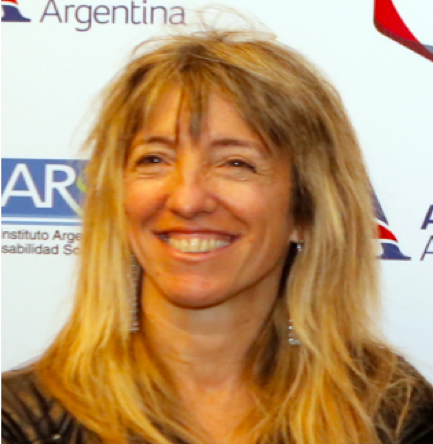
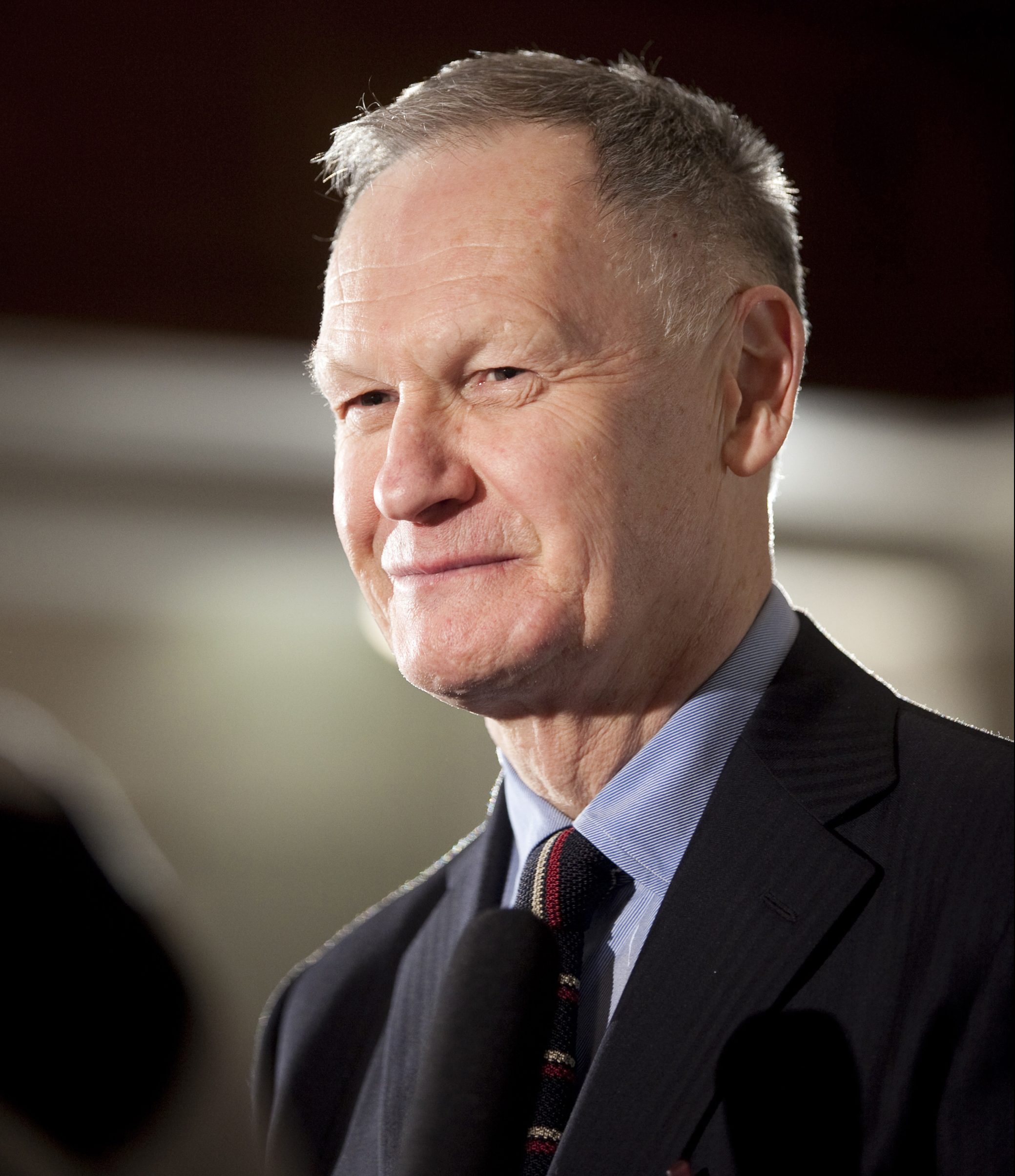
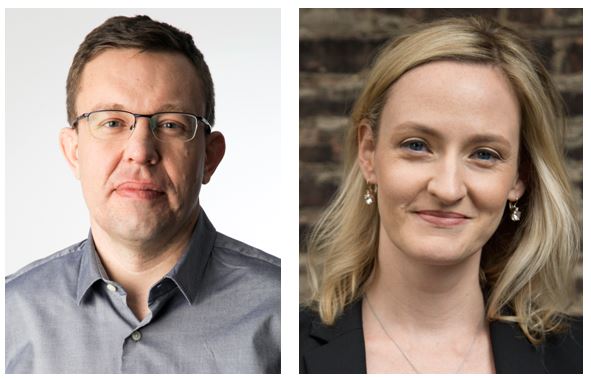
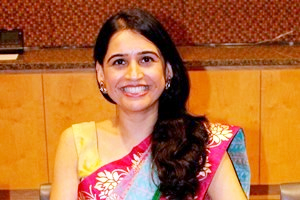
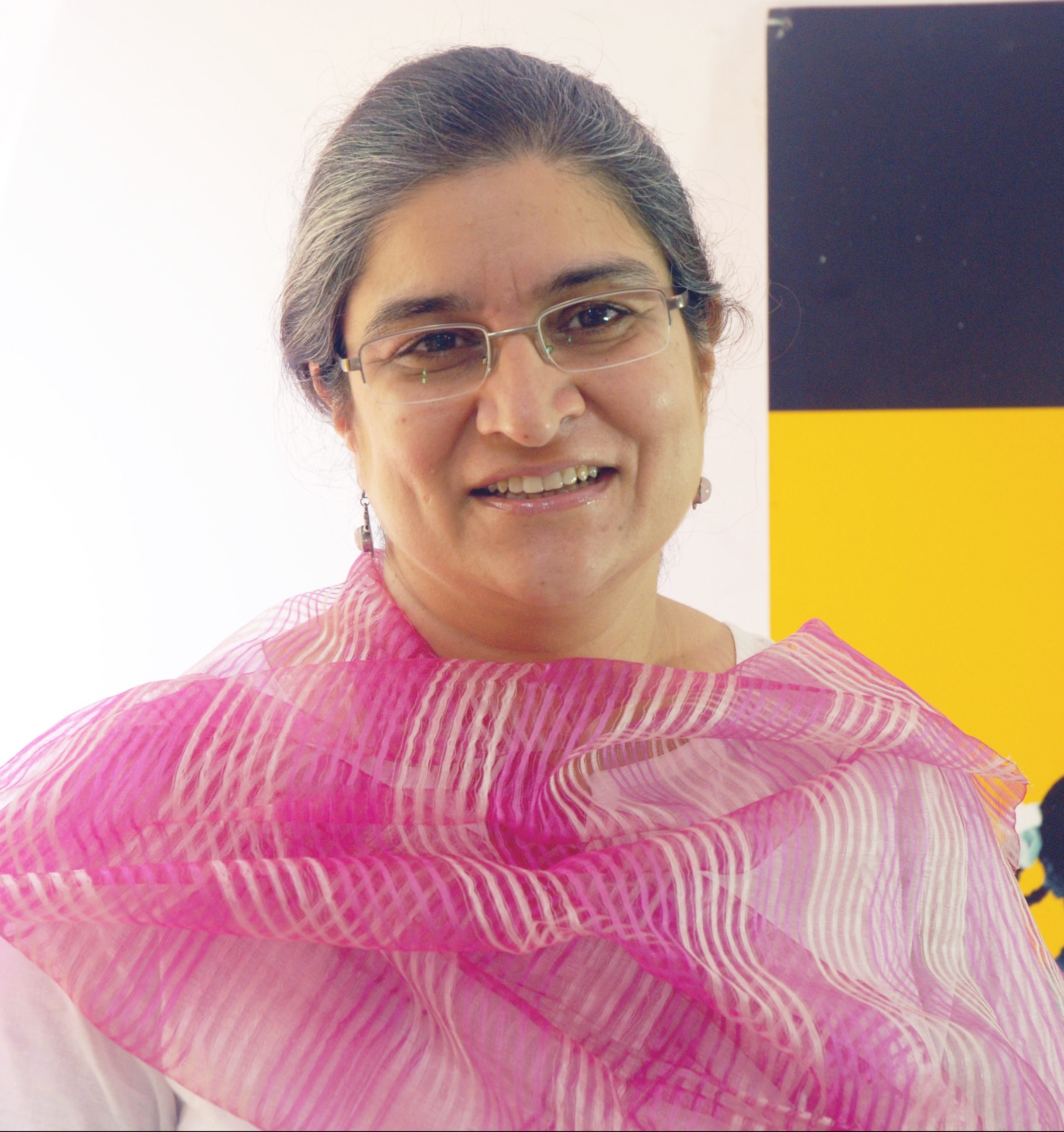



Comments (0)